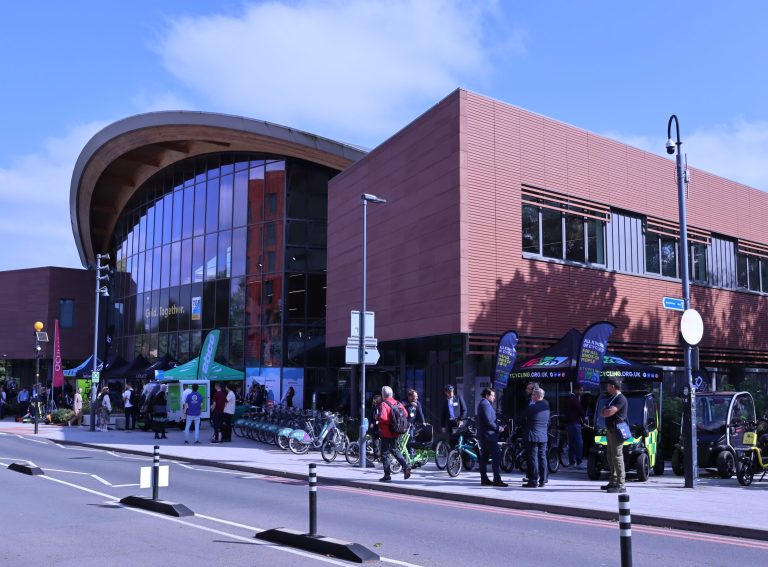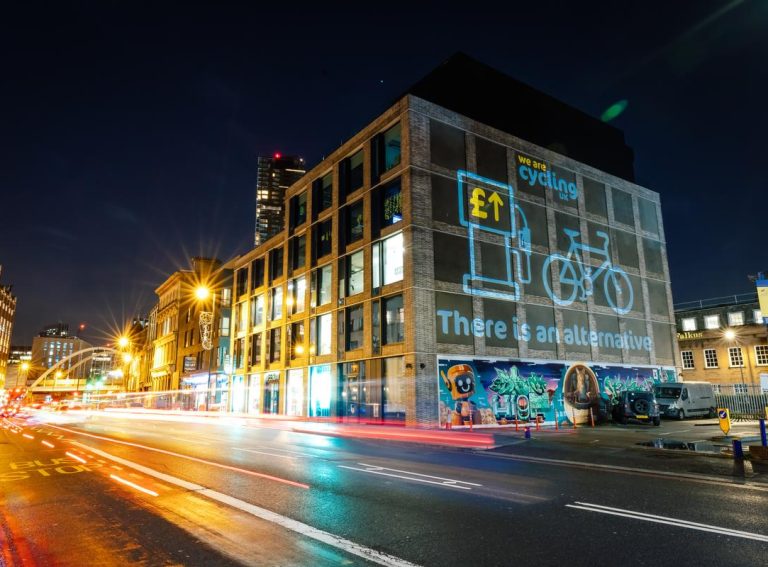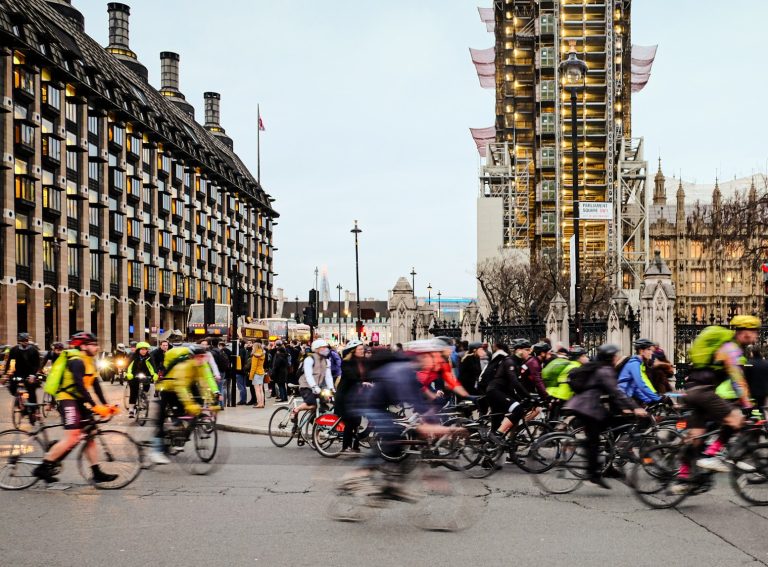Industry experts at the New Mobility Forum in London last weekend debated key ingredients of what to include in future e-scooter regulations now the UK government has confirmed it will be creating a new zero-emission vehicle category.
Panellists agreed that, though there is much to consider to ensure this new law is fit for purpose, the primary objective should be to keep barriers to entry as low as possible.
One discussion topic focused on whether there should be a minimum age limit to ride an e-scooter on public roads.
Currently in the UK, riders need a provisional license to participate in the trials, so that sets the minimum age to 17.
But Edmund King OBE, President of The AA, believed the age limit should be 16.
“If you can drive a Ferrari at 17 why can’t you ride an e-scooter at 16?” said King. “To get this new law started in the UK and from a low base I think 16 would be sensible.”

The general consensus for the rental e-scooter firms present on this particular panel (Bird, Lime and Helbiz) was to make it 18. During the on-going trials, many of the shared operators have chosen 18 as their minimum.
A key consideration which Lime’s Senior Public Affairs Manager Hal Stevenson drew attention to was insurance.
“All the hire providers need to provide insurance to all our riders before they get on a vehicle. If we make the age 16 then that becomes very difficult, so across all of our services our age limit is 18.”
“But when we talk about private scooters, I think it could be completely reasonable for someone who’s 16 or over to use an e-scooter on public roads once it’s been legalised if they have the required insurance, and that can be their personal preference.”
Another area of discussion was whether riders should have a CBT qualification.
CBT refers to compulsory basic training that moped or motorbike riders must pass before riding on the road in the UK.
James Padden, Bird’s General Manager, strongly believed a CBT would put barriers up and did not align with the operator’s mission to make micromobility accessible to all.
“It really speaks to a notion of privilege if you can afford to do a CBT and have a driver’s license and we know from the trial data that the demographic weight of people using these services are people who are from less affluent households,” said Padden. “We also know the people who are most keen to own an e-scooter earn less than £25k a year. Micromobility is a massive democratiser so let’s not put unnecessary barriers in the way.”
Edmund King doesn’t think we need a form of mandatory examination either but has another idea.
“We believe there should be much more about safety in the national curriculum at schools. For any teenager, the biggest risk of accidental death is actually on the road and yet we don’t really teach this at school. So this goes way beyond e-scooters.”
Vivian Myrtetus, Head of Partnerships and Policy at Helbiz, agreed there should not be a CBT, arguing there is a lot more that can be done at the local level to educate riders as this is where people feel most comfortable.
“There was a study by the University of Texas which found 30% of initial injuries happen on the first ride because people are unsafe and unsure. So we offer a Beginner Mode training session in local communities to clear those nerves and jitters. You might hit the brake too hard, you might fall over and so having opportunities to do that is important.”
Policy makers have clearly got a big task on their hands to design an e-scooter regulatory framework which works for all parties. Importantly though, the key message from the New Mobility Forum was for the government to remove any barriers to entry in order to maximise uptake when the law is passed.




